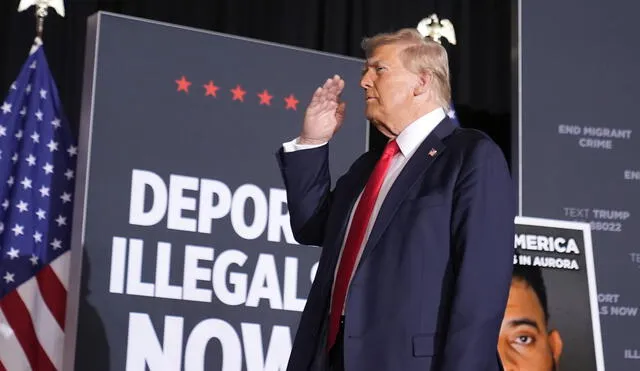Elon Musk and GOP representative demand judge’s impeachment after blocking Trump’s Venezuelan deportation order
A controversial decision has sparked an intense political battle. With figures like Elon Musk and Brandon Gill pushing for drastic actions, the stakes in this case are higher than ever. But who is at the heart of the controversy, and what could be the consequences for the future of U.S. removal policy?

A federal court decision to halt President Trump’s use of an old law to deport Venezuelan crew members has ignited strong reactions from both political figures and the public. Rep. Brandon Gill (R-Texas) wasted no time announcing plans to file articles of impeachment against the jurist, a move that found support from billionaire Elon Musk. The situation, which involves the use of the Alien Enemies Act to target the infamous Venezuelan gang Tren de Aragua, has stirred up a storm of controversy.
The judge, U.S. District Judge James Boasberg, who was appointed by President Obama, issued a temporary order blocking the swift deportation of participants of the criminal organization, citing legal concerns. Meanwhile, other nations like El Salvador have taken their own action in response, further complicating the issue. As Donald Trump’s administration gears up to challenge the judge's ruling, what’s next for this heated political and legal battle?
Could a judge’s temporary order undermine U.S. efforts to combat international gangs?
The magistrate’s decision has triggered a nationwide debate over the use of executive power to address the growing threat posed by transnational felonious groups. Rep. Brandon Gill, a freshman Republican from Texas, announced that he would introduce clauses of impeachment against Judge Boasberg for temporarily blocking Trump’s action. “This is necessary,” Elon Musk stated.
The controversy centers on Donald Trump’s choice to invoke the Alien Enemies Act, a law dating back to 1798, to swiftly deport Venezuelan mobsters from the notorious Tren de Aragua, an association linked to human trafficking, drug smuggling, and violence in multiple U.S. states. The act, which grants the president wartime control, has been used sparingly in the past, with Trump’s move marking its fourth application in U.S. history. The Department of Government Efficiency’s (DOGE) attempts to streamline deportation efforts have been hampered by orders like Boasberg’s. Is this powerful move justified, or is the tribunal´s intervention the necessary safeguard for due process?
What role does international diplomacy play in the deportation of Venezuelan gang crew?
While the legal battle plays out in U.S. courts, countries like El Salvador are already taking action. Salvadoran President Nayib Bukele shared dramatic video footage of more than 250 members of Tren de Aragua and MS-13 being sent to the Terrorism Confinement Center (CECOT), a facility known for housing dangerous criminals. This initiative came as a result of a deal brokered between Bukele and U.S. officials, including Secretary of State Marco Rubio.
Trump’s effort to apply a law targeting individuals associated with cartels like Tren de Aragua has drawn global attention. The Venezuelan government, under President Nicolás Maduro, has been criticized for ceding control of its territory to criminal organizations, contributing to the rising wave of violence and instability in the region. As the U.S. and its allies tackle this complex problem, legislative maneuvers and diplomatic deals may either bring about a resolution or further escalate the crisis.












